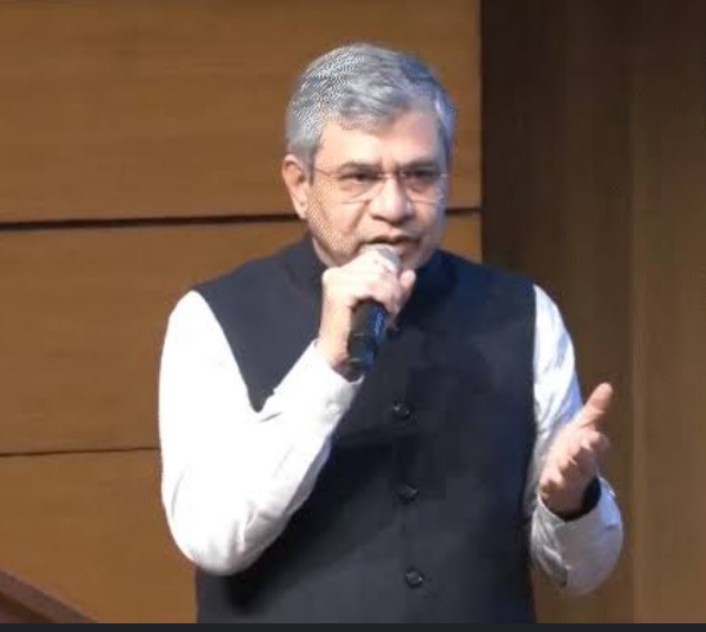
In a recent podcast, Prime Minister Narendra Modi addressed questions regarding his principle of 'Minimum Government and Maximum Governance,' clarifying that the aim was to simplify and streamline government procedures, not reduce the number of employees or cabinet ministers. His statement dispelled various misconceptions surrounding the topic.
On Thursday, the Cabinet approved the formation of the Eighth Pay Commission, bringing a significant gift to millions of central government employees as they step into the new year. This commission is expected to recommend increases in both salaries and pensions for government employees, with the recommendations likely to be implemented by 2026.
This decision holds immense importance for over a crore of central government employees and pensioners who have been eagerly awaiting these changes. The implementation of the Eighth Pay Commission's recommendations is expected to lead to increases in dearness allowances and pension adjustments.
This move may also prompt a similar demand in states, with some like Rajasthan already aligning their pay scales with the central government.
However, the implementation of these recommendations will place a financial burden on the governments, especially for larger states like Rajasthan, which may require additional grants from the central government.
Economic experts suggest that the government should adopt a uniform policy across the country regarding employee salaries, benefits, and service conditions to reduce discontent and curb corruption.